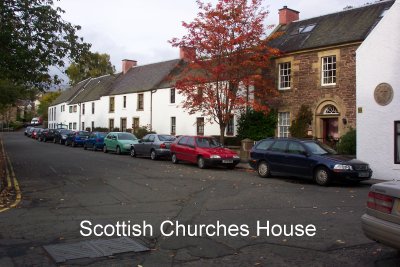The 2005 Kirchentag
Richard Mortimer
For five gloriously sunny days in May – some might say ‘too hot’ – the Kirchentag descended upon Hannover, the city where it had first begun and had met twice before. ‘The Kirchentag has come home’ proclaimed Bishop Margot Käßmann, herself a former Kirchentag General Secretary and now head of the Evangelical Lutheran Church of Hannover, in her greeting to the international guests, a theme endorsed throughout by the main railway station which greeted bilingually the arrival of every train ‘to the city of the 2005 Kirchentag’. Stir in the statistics: 105,000 participants, of whom some 5,000 international guests came from 87 countries (this last figure higher than ever before), sharing in 3,600 events at 500 venues aided and abetted by 50,000 voluntary workers. Sheila Brain, the English representative on the Central Planning Committee, reckons it has become the largest regular gathering of Christians from around the world outside of a World Council of Churches General Assembly, and of its essential nature much more accessible to the enthusiast. Professor Eckhard Nagel, the Kirchentag President, described it as a forum for a conversation on society and its future between interest groups, facilitated by Christians who are themselves active players. Added to which it is above all a lay-led, church-supported movement.
Continue reading “The 2005 Kirchentag” →


